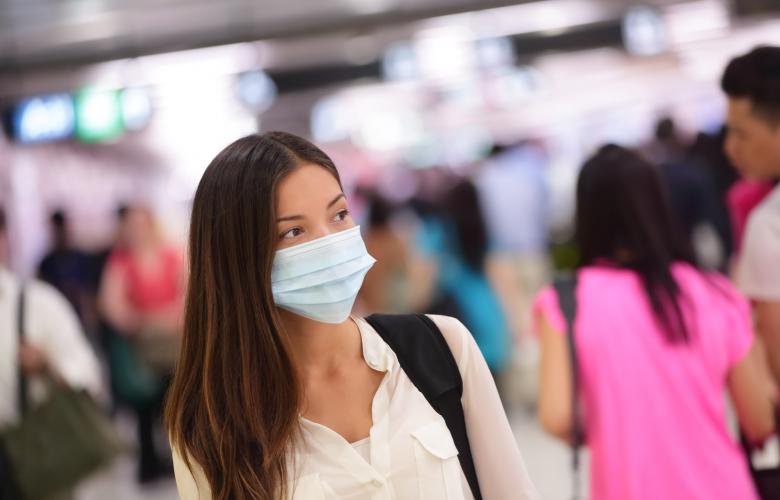Coronavirus expected to have 'short-lived' impact on Singapore economy
Contact
Coronavirus expected to have 'short-lived' impact on Singapore economy
Global commercial real estate services company Cushman and Wakefield has downplayed the impact of the Coronavirus on market activity in Singapore, describing the country's economic fundamentals as "sound".
The economic impact of the Coronavirus issue in Singapore is expected to be short-lived based on the current situation, Cushman and Wakefield says.
Singapore's health ministry confirmed on Tuesday (Feb 4) its first locally transmitted cases of the novel coronavirus, among six new cases of the disease detected in the country.
It brings the country's overall number of cases to 28 with no deaths reported so far.
Singapore was one of the worst-hit countries outside China in the 2003 outbreak of Severe Acute Respiratory Syndrome (Sars), with 238 cases and 33 fatalites.
But Cushman and Wakefield Head of Research for Singapore and Southeast Asia, Christine Li, said Coronavirus was unlikely to reach the levels of Sars, meaning only part of the country's real esate market will be affected.
"The government has succeeded in putting up multiple lines of defence to prevent the spread of the virus and any disruption to market activity is expected to be short-lived, held up by the country’s sound economic fundamentals," she said.
"The impact will be mostly felt by the hospitality, retail and F&B sectors, with limited impact on both the office and industrial sectors as these are non-tourism related sectors.
"Corporates may delay decision making in the first quarter of 2020 as they focus on tactical issues around operations in China for the moment.
"This is expected to impact activity in the first quarter of 2020 against an office leasing market that has already been grappling with a slowdown arising from the US- China trade war."
Ms Li said the impact on Singapore's hospitality sector would be more immediate, given Chinese tourists make up about 20 per cent of Singapore’s international visitors.
"The slow down in tourist arrivals will result in a decline in shopping spend by Chinese tourists, particularly retail trades and tourist destinations which cater to Chinese tourists," she said.
"Chinese tourists were the top spenders in the first half of 2019, spending close to S$2 billion on shopping, accommodation, F&B, etc, with 51 per cent on shopping alone.
"As such, some of the more touristy shopping destinations mainly in Marina Bay Sands and Orchard locations could be affected if the travel ban and outbreak persists.
"However, landlords of major shopping centres are not under pressure to lower rents especially if the overall situation improves in the next couple of weeks."
According to Cushman and Wakefield, the mid-term outlook for the hospitality market is favourable post-Wuhan virus, given the low hotel supply pipeline over the next few years and healthy visitor arrival estimates.
A slew of new tourist initiatives and developments are expected to raise the attractiveness of Singapore as a regional tourist destination in Southeast Asia over the long term.
This includes continued investment in Singapore’s aviation infrastructure (Changi Airport Terminal 5), and tourism attractions/developments such as the Mandai eco-tourism hub, Jurong Lake District, Sentosa redevelopment and AEI works at the two integrated resorts.
Similar to this:
Singapore commercial and residential sectors expected to improve in 2020, says Colliers
Lower land sale bids part of 'cautious' sentiment among Singapore developers: Colliers
Increase in Singapore new home sales despite lack of launches






